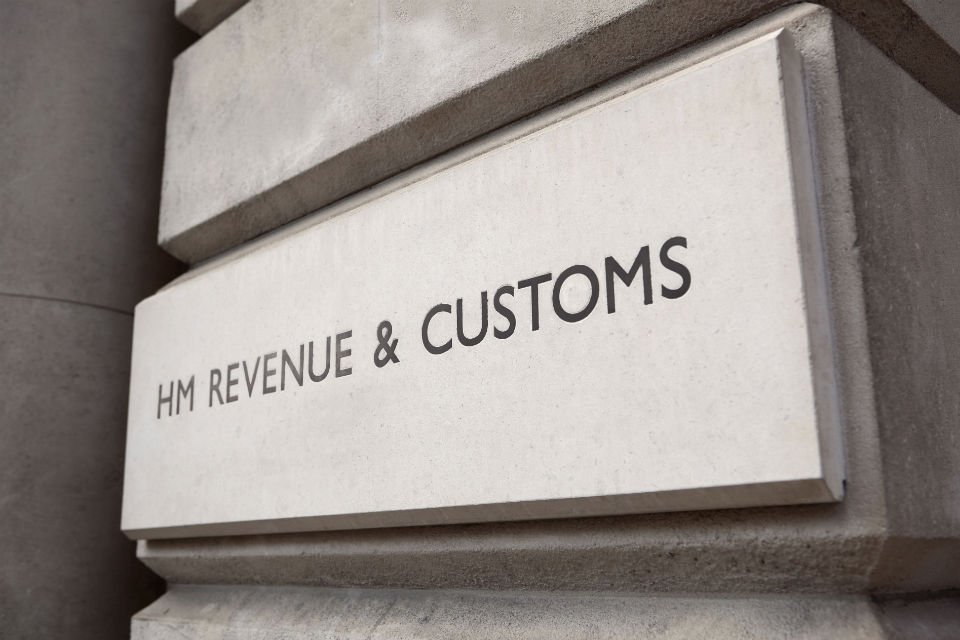The Government published the 2019-20 Finance Bill on 11th July 2019. The draft legislation confirms that the reforms to IR35 and the introduction of the off-payroll working rules for medium and large employers in the private sector will come into force from 6th April 2020. Legislation has been introduced in the draft legislation to amend ITEPA 2003 along with the relevant National Insurance contributions regulations.
Small businesses are those which meet at least two of the following tests:
- annual turnover – not more than £10.2m
- balance sheet total – not more than £5.1m
- number of employees – not more than 50
Assessment should be made to the financial period ending in the previous tax year
HMRC consulted on the detail of the reform between 5 March and 28 May 2019 and in April 2019 published guidance on the processes engagers can take to prepare. The guidance on how to prepare still applies.
This legislation will have effect for contracts entered into, or payments made, on or after 6th April 2020.
Included in the draft legislation are provisions to ensure that all parties in the labour supply chain are aware of the organisation’s decision and the reasons for that decision, and will introduce a statutory disagreement process to allow individuals and fee-payers to challenge the organisation’s decisions regarding the individuals status.
The new status disagreement will enable a worker or fee-payer to dispute a determination and the reasons on which it was based. The engager will be required to respond to a dispute within 45 days.
Any outstanding liability for tax and NIC can be transferred up the chain to the top agency and then on to the engager if it cannot be collected from the fee-payer.
HMRC are addressing businesses concerns in an accompanying compliance statement Fact Sheet which has been published alongside the draft legislation. HMRC state that they will not carry out targeted campaigns into previous years when individuals start paying employment taxes for the first time in respect to the off-payroll working rules.
HMRC will be publishing detailed guidance later in the summer for organisations along with general and targeted education packages, these will include webinars, workshops and one-to-one sessions with businesses in particular sectors.
Legal and operational experts and stakeholders will test the check employment status for tax (CEST) tool following intended enhancements to the system. HMRC have stated that the improved CEST will be available towards the end of 2019.
HMRC’s original consultation document suggested the possibility of pension contributions also becoming due under the off-payroll working legislation, these have not been included in the draft legislation.
In light of these changes to employers working practices, there will clearly be a need for increased communication within business, so what should employers prepare for?
Look at your current workforce to identify those individuals who are supplying their services through PSCs, determine if the off-payroll rules apply for any contracts that may extend beyond April 2020, discuss with contractors about whether the off-payroll rules will apply to their role and put processes in place to determine if the off-payroll rules apply to future engagements.
The Bill can be seen here.


